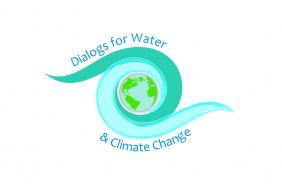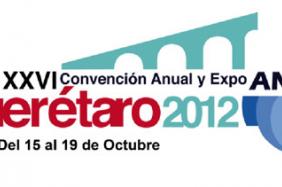1st World Irrigation Forum
2nd Water Research Conference
IPWE2013 International Perspective on Water Resources and the Environment Conference
Shining a light on your river
The Nature Conservancy, a WWC member, invites you to participate, by video, in a special series of “Advancing River Basin Management” recordings to be viewed during the 14th International Riversymposium this September in Brisbane, Australia. These pre-recorded video sessions are aimed at bringing together diverse stakeholders to work together in identifying how to advance integrated basin management on the world’s great rivers. Deadline for submissions is August 15.
UNFCCC water and climate change workshop held in Mexico City
A technical workshop on water and climate change impacts and adaptation strategies, organized by the United Nations Framework Convention on Climate Change (UNFCCC) and hosted by the Mexican Federal Government through the National Water Commission (CONAGUA), was held in Mexico City from July 18-20, 2012.
ANEAS Annual Convention and Expo
Consistent with the global scenario and the discussions held at the international context, in the 26th edition of its Annual Convention and Expo, ANEAS has structured a technical programme based on the concept: Solutions Today, which includes presenting technological innovations, analysing global trends on the drinking water and sanitation systems management, the participation of specialists, and providing courses and workshops by national and international strategic partners. The Convention will be held at the historic city of Santiago de Queretaro, from 15 to 19 October 2012.
5th International Yellow River Forum, Zheng Zou, CHina
FAO at the World Water Week in Stockholm
This year, the overarching theme of the World Water Week in Stockholm from 26 to 31 August is Water and Food Security. Feeding the world population in an increasingly resource-scarce environment means that we should revisit the way we produce, consume, and trade food. FAO is one of the key collaborating partners of this year's edition and a series of events and activities related to water and food security will take place as the week unfolds.
Latin American Caribbean focus on Water & Food Security - 29 August 2012
Ever since the introduction of the water footprint concept in 2002, the world has become more aware of how water crosses all levels of manufacturing. Dealing with and solving water problems such as ineffective use, climate change adaptation, and ecosystem service appraisal are also ways to help achieve agricultural sustainability. Hence, an adequate use and management of water translates into a more productive, healthier food sector.




